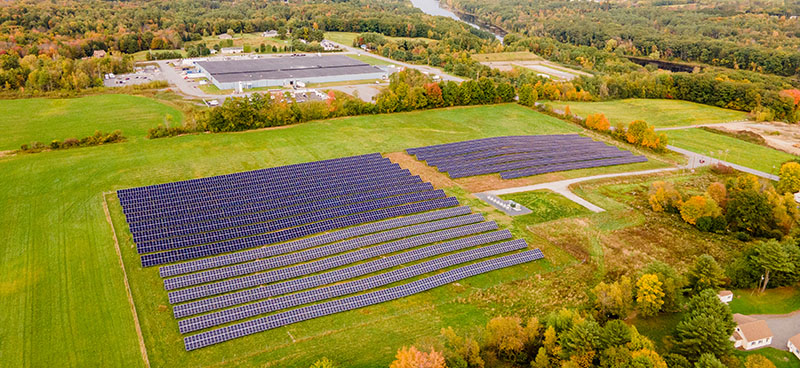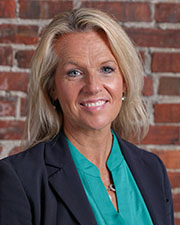Arbor Comm'l. closes $1.28m Fannie Mae 3MaxExpress loan
November 2024 NH CIBOR president’s message: 10 tips for commercial real estate investors - by Ethan Ash


Interest rates and inflation - by Matthew Bacon
As we all know, interest rates have been changing drastically, with movement in both directions, depending on the type and term of financing. The Federal Open Market Committee has taken drastic action in efforts to curb abnormally high inflation, but it hasn’t controlled labor cost growth to the extent that was intended.

Maine multifamily outlook: Opportunities in Portland, Bangor, and Lewiston-Auburn - Blake Wright and Kristie Russell
The multifamily market in Maine’s major cities presents a diverse range of opportunities for investors. We looked at the potential benefits and unique characteristics of three major submarkets in the state: Portland, Bangor, and Lewiston-Auburn. The information below is based on research done in CoStar and county registries, and focuses on multifamily properties that have four or more units.

The Greater Portland industrial mid-year market update - by Nate Roop








